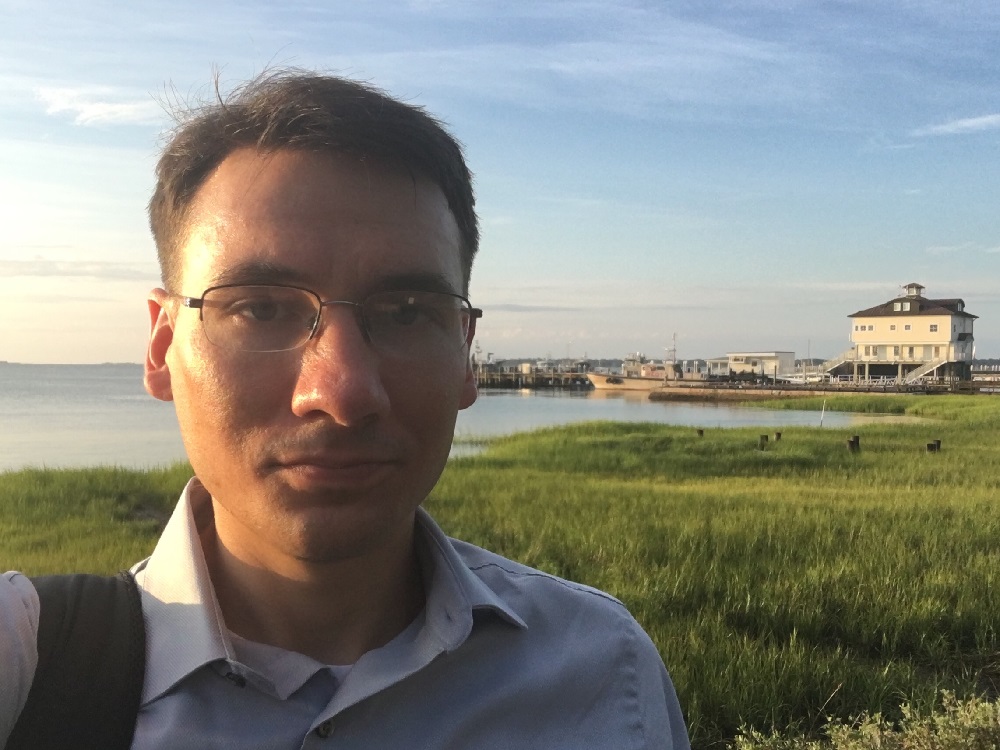
I am an adjunct professor of history at the University of Scranton and at Marywood University, which are both located in the historic anthracite mining region of Northeastern Pennsylvania. There, I teach survey courses covering the breadth of U.S. and world history.
Good history instruction appeals to the imagination. I believe strongly that well-crafted lectures—creating suspense, portraying interesting and amusing characters, carried along rapidly by the momentum of events, and advancing clear ideas—still have a crucial role to play in history courses. However, I also require students constantly to examine and discuss primary sources, learning how to ask questions that illuminate the past and its relevance to our world. It is in these primary sources’ tensions that students learn how to experience the past’s reality for themselves, and it is often in their diversity that students see themselves represented in history for the first time.
In my own research, I study articulations of national identity in early-nineteenth-century American urban print culture. My dissertation, defended in 2015 (for a Ph.D. in American intellectual history from Syracuse University), focuses on literary communities and publications in New York City. More recently, my work has included Philadelphia and Charleston, and has focused particularly on articulations of African American identity in the early nineteenth century.
I am an adjunct professor of history at the University of Scranton and at Marywood University, which are both located in the historic anthracite mining region of Northeastern Pennsylvania. There, I teach survey courses covering the breadth of U.S. and world history.
Good history instruction appeals to the imagination. I believe strongly that well-crafted lectures—creating suspense, portraying interesting and amusing characters, carried along rapidly by the momentum of events, and advancing clear ideas—still have a crucial role to play in history courses. However, I also require students constantly to examine and discuss primary sources, learning how to ask questions that illuminate the past and its relevance to our world. It is in these primary sources’ tensions that students learn how to experience the past’s reality for themselves, and it is often in their diversity that students see themselves represented in history for the first time.
In my own research, I study articulations of national identity in early-nineteenth-century American urban print culture. My dissertation, defended in 2015 (for a Ph.D. in American intellectual history from Syracuse University), focuses on literary communities and publications in New York City. More recently, my work has included Philadelphia and Charleston, and has focused particularly on articulations of African American identity in the early nineteenth century.
